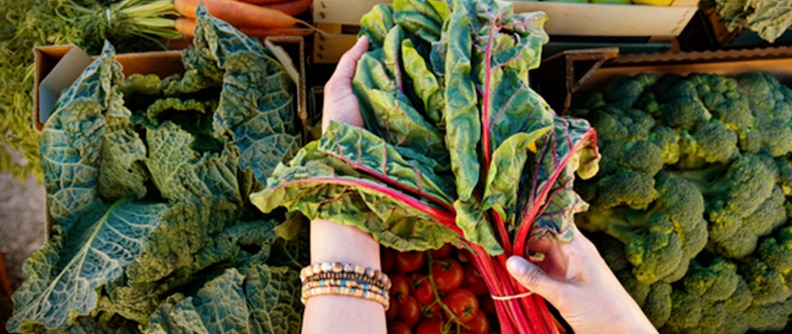In the early days of pregnancy, it’s important to eat the healthiest foods you can. What you put into your body directly affects your baby. Here are five power foods that will help you get the nutrients that matter most.
Lentils are a good source of folic acid, which produces healthy red blood cells and helps protect against certain birth defects. They are low-cost, easy to prepare, and make great soups.
Eggs are high in protein and low in calories (only about 90 per egg). They also contain choline for your baby’s brain and overall growth.
Yogurt is a great source of calcium and protein. It improves your digestion, and helps your baby build strong bones and teeth. It also contains probiotics that can help prevent yeast infections, which are common during pregnancy.
Cooked salmon is high in protein and omega-3 fatty acids. These acids help with the growth of your baby’s eyes and brain. They may also reduce the risk of depression while you’re pregnant.
Dark green vegetables such as spinach, asparagus, broccoli, and kale add folic acid to your diet. They are filled with vitamins, minerals, and fiber, but relatively low in calories.
Choose more foods with these nutrients
Power foods are healthy because they’re rich in vitamins and minerals. Knowing which nutrients to look for will help you make the right food choices throughout your pregnancy.
First, folic acid helps develop your growing baby’s brain and spine. You can get it in prenatal or pregnancy vitamins and by eating plenty of dark green, leafy vegetables .
Iron is important from the beginning to the end of pregnancy, both for you and your baby. Iron-rich foods help you avoid anemia, a condition caused by a drop in the number of healthy red blood cells. Lean red meat and beans are some good sources of iron. Foods that are high in vitamin C, such as strawberries, broccoli, or tomatoes, will help your body absorb the iron.
You need calcium throughout pregnancy to help develop healthy bones and teeth. You can get it from all kinds of dairy products, such as yogurt, cheese, and low-fat milk, as well as from calcium-fortified soy and almond milk. Dark green, leafy vegetables are also a good source of calcium, as are beans and peas.
Finally, take prenatal vitamins to help supplement these and other nutrients. Your doctor or nurse-midwife can recommend exactly what you need. If you have trouble keeping the supplements down, try taking them with food or at night.
How much extra food do you need?
While you do need to eat more than before you became pregnant, you’re by no means doubling that amount of food to keep your baby healthy. In fact, during the first trimester (3 months) of your pregnancy, usually no extra calories are needed. In the second trimester, you will need about an extra 300-350 calories per day. In the final trimester, plan on about 450 extra calories per day.
To get those extra calories, have healthy snacks on hand, such as nuts, yogurt, vegetables, and fresh fruit. Keep in mind that it’s not the quantity of food that matters most, but the nutrients they provide.
